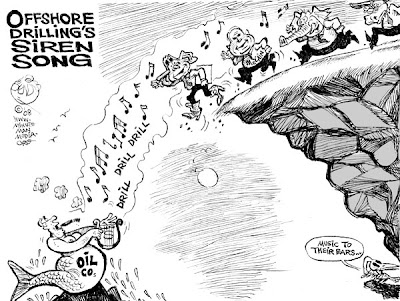Stephen Harper says Canadians have become more conservative in the past 20 years but he provides very little evidence of this.
In fact, even facing the weakest and most ineffective Liberal party in a generation, he cannot persuade more than 40 per cent of Canadians to say they will vote Conservative. In fact, all kinds of polls and in-depth studies of Canadian values suggest just the opposite: They are more progressive in their attitudes regarding the role of government.
The problem is, they have been convinced that their values will not or cannot find their way into public policy. It's not Canadians' values that have changed – it is their expectations.
Yearly polling by Ekos suggests that while the Canadian political and economic elite have become more conservative – that is, believing in a very limited role for government – everyone else sticks tenaciously to the view that government can be and should be a force for good. <Toronto Star>
This certainly did not surprise me. Most Canadians share relatively progressive values such as equality, social justice, collective rights, full employment and regulation of business - all things which "were low on the elite's preference list and high on the general public's."
The question is - how have we given up believing that these things are possible when we clearly believe they are moral imperatives?
I know I haven't been blogging much lately. I've been incredibly busy, and probably will continue my irregular posting for the next couple of months.
p.s. also check out A little problem with capitalism in which Thomas Walkom reminds us that "the financial crisis gripping the U.S. isn't an anomaly. We just have short memories." We forget that since capitalism began to be scrutinized and theorized, really smart people have noted its internal contradictions and inherent instability.


















